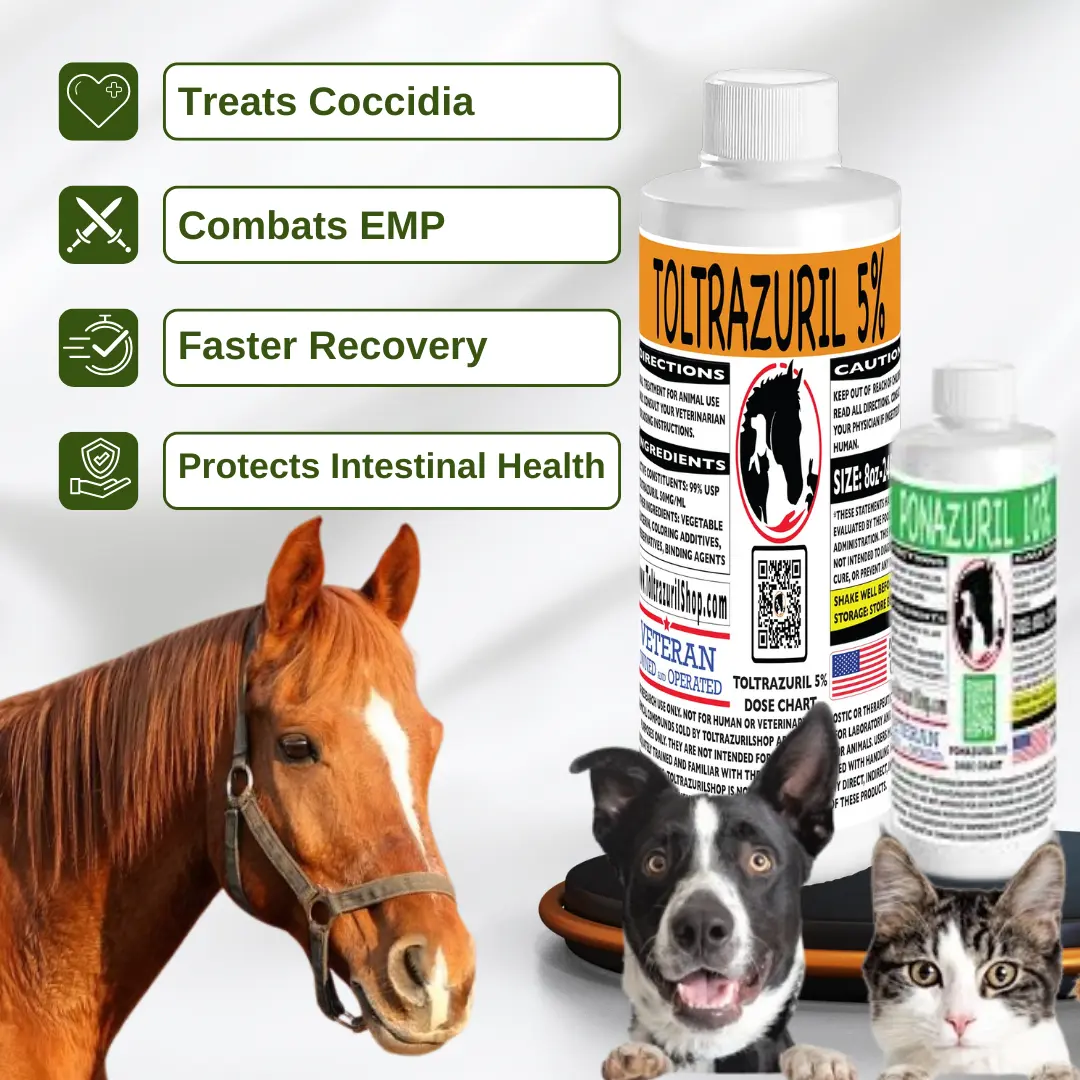No products in the cart.
What Causes Coccidia in Cats? Key Risks and Prevention Tips
Coccidia in cats is caused by microscopic parasites known as Coccidia (protozoans), specifically species like Isospora and Eimeria. These parasites infect the intestines and cause diarrhea, dehydration, and other gastrointestinal symptoms. So, what causes coccidia in cats? The infection is often acquired when cats ingest oocysts, which are the reproductive forms of the parasite, typically


